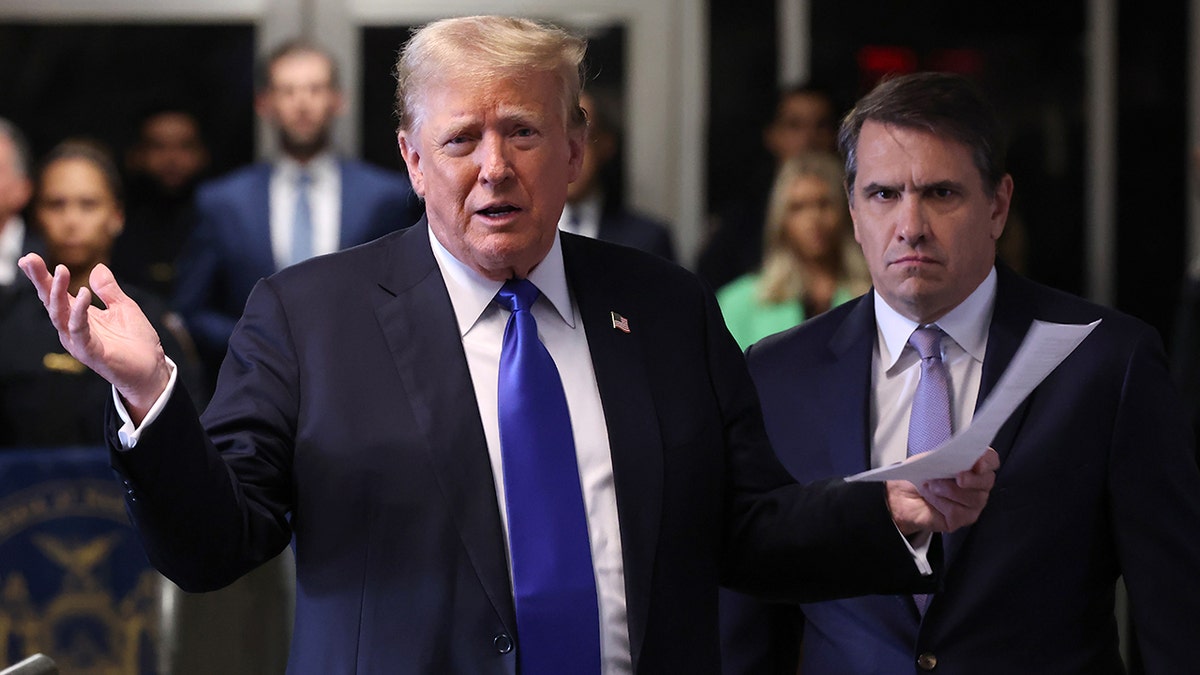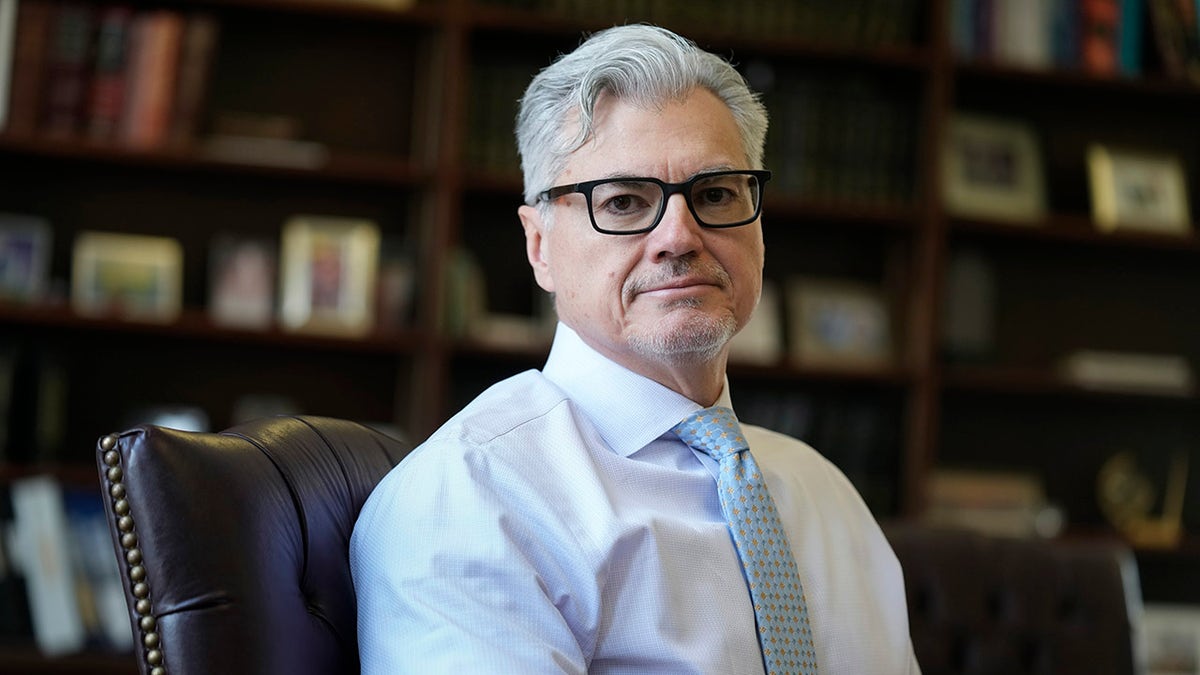Following President Biden's pardon of his son, Hunter, Donald Trump's lawyers have filed a motion to dismiss the charges against him in New York v. Trump. The motion argues that the case is politically motivated and should never have been brought, citing “failed lawfare.” Trump’s legal team emphasizes the “Presidential immunity doctrine, the Presidential Transition Act, and the Supremacy Clause” as grounds for immediate dismissal.

The motion draws parallels between Biden's justification for pardoning Hunter and the alleged political motivations behind Trump's prosecution. Trump's attorneys quoted Biden’s assertion that his son was “selectively, and unfairly, prosecuted” and “treated differently,” arguing that “raw politics” led to a “miscarriage of justice.” They contend that the same Department of Justice that oversaw investigations into Trump, including those led by Special Counsel Jack Smith, coordinated with Manhattan District Attorney Alvin Bragg in this case.

Trump’s spokesman and incoming White House communications director, Steven Cheung, echoed these sentiments, calling the case a “hoax” and emphasizing the need for the nation to unite behind the re-elected president. The legal team argues that the case, based on 2017 document entries maintained far from the White House, disrupts Trump’s transition back into the presidency and preparations to exercise his executive powers. They further claim that Bragg's failure to address violent crime in New York City underscores the misplaced priorities of this prosecution.

The motion also points to the recent dismissal of charges against Trump in the 2020 election interference case and the dropped appeal in the classified records case as further evidence of politically motivated prosecutions. Trump's lawyers reject Bragg’s request to stay the case until the end of Trump’s second term, arguing that the Office of Legal Counsel's conclusion about the prohibition on indicting a sitting president applies, regardless of a stay. They dismiss the idea of resuming proceedings after Trump leaves office as untenable, given the investigation's commencement in 2018.

The motion concludes by highlighting the potential for “enduring consequences” on the balance of power and the risk of “factional strife,” mirroring Biden’s concerns in his pardon announcement. It emphasizes the Special Counsel’s concession in dismissing prior charges and the need for Judge Merchan to dismiss the case immediately.
Comments(0)
Top Comments